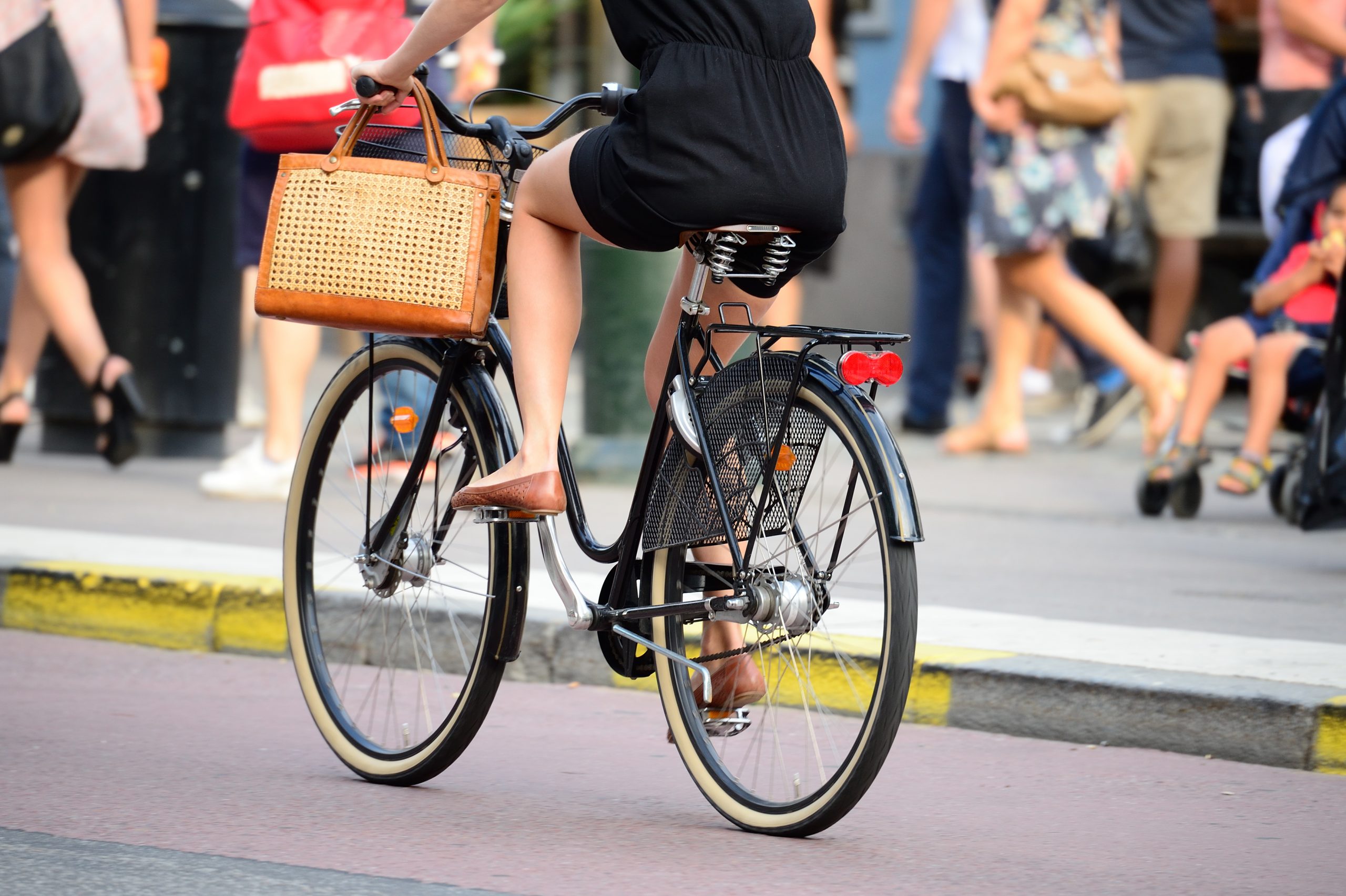After Spain announced strategies to modernise the economy, experts question whether EU money is being spent on improving public transport and facilities for bicycles.
In the economic recovery plan that Prime Minister Sánchez presented this week, electric driving has a leading role. That is definitely an improvement for the environment, but there are also other ways to make mobility more sustainable. For example, the French government included in its recovery plan exchanging old cars for electric bicycles, not electric cars. With this, the country wants to put an end to a deep-rooted ‘car culture’ for good.
No eye for active mobility
Apparently this is different for Spain. Despite the fact the government announced its intention to stimulate bicycle and public transport use, no concrete plan has yet been drawn up. It appears the €13.2billion earmarked for sustainable mobility is being spent on subsidies for electric cars and new charging points. “Sustainable mobility does not mean replacing traditional cars with electric ones. Active mobility and public transport in particular should be encouraged,” says David Lois, Lecturer in Social Psychology at the Spanish University of Distance Learning UNED.
Promises yet no action
Nevertheless, the Institute for Diversification and Energy Saving believes there are programmes that stimulate the use of bicycles in cities. The Ministry of Transport also indicates future works on separate bus lanes, modernisation of buses and other measures to stimulate the use of public transport. However, so far not a word about concrete investments in these plans.
Furthermore, the ministry indicates it is in favour of bicycle use. Yet, it has not made any commitment to promote it. However, the ministry asked municipalities to express their interest in bicycle promotion projects for which there is a budget of €446million. However, as long as these plans are not concrete, government money appears focused on electric mobility.
Private electric driving does not solve the problem
Xavier Querol, environmental expert from the Spanish scientific research council CSIC, points out electric cars will not solve the environmental problem. Instead of private subsidies for electric driving, he prefers to see these going to business companies for their taxis and vans. “A family uses the car on average for one and a half hours a day; the rest of the time the car is stationary. Taxis and cars used for business distribution drive up to ten hours a day,” says Querol. He is also in favour of investing in public transport, which, in his opinion, should be free for all employees.
According to Lois, the sales share of electric cars is barely 2%. He wonders to what extent it is realistic to tackle the climate problem at this point. He points out that 30% of all car journeys in Spain are less than two kilometres. Furthermore, 50% of the journeys are less than five kilometrse. An electric car therefore solves neither the environmental problem, traffic accident issue, nor obesity. In addition, subsidies for electric cars go to households with higher incomes. According to Lois, it is therefore more relevant to invest in electric buses than in electric cars for private individuals.
Bicycles wait for decisiveness from the government
Almost a year ago, the Spanish government announced the so-called National Strategy for the Bicycle, but it has not yet been implemented. According to the Ministry of Transport, this will happen “in the coming months.” It seems, the bicycle, the most sustainable means of transport available, remains in limbo unless political will changes.


